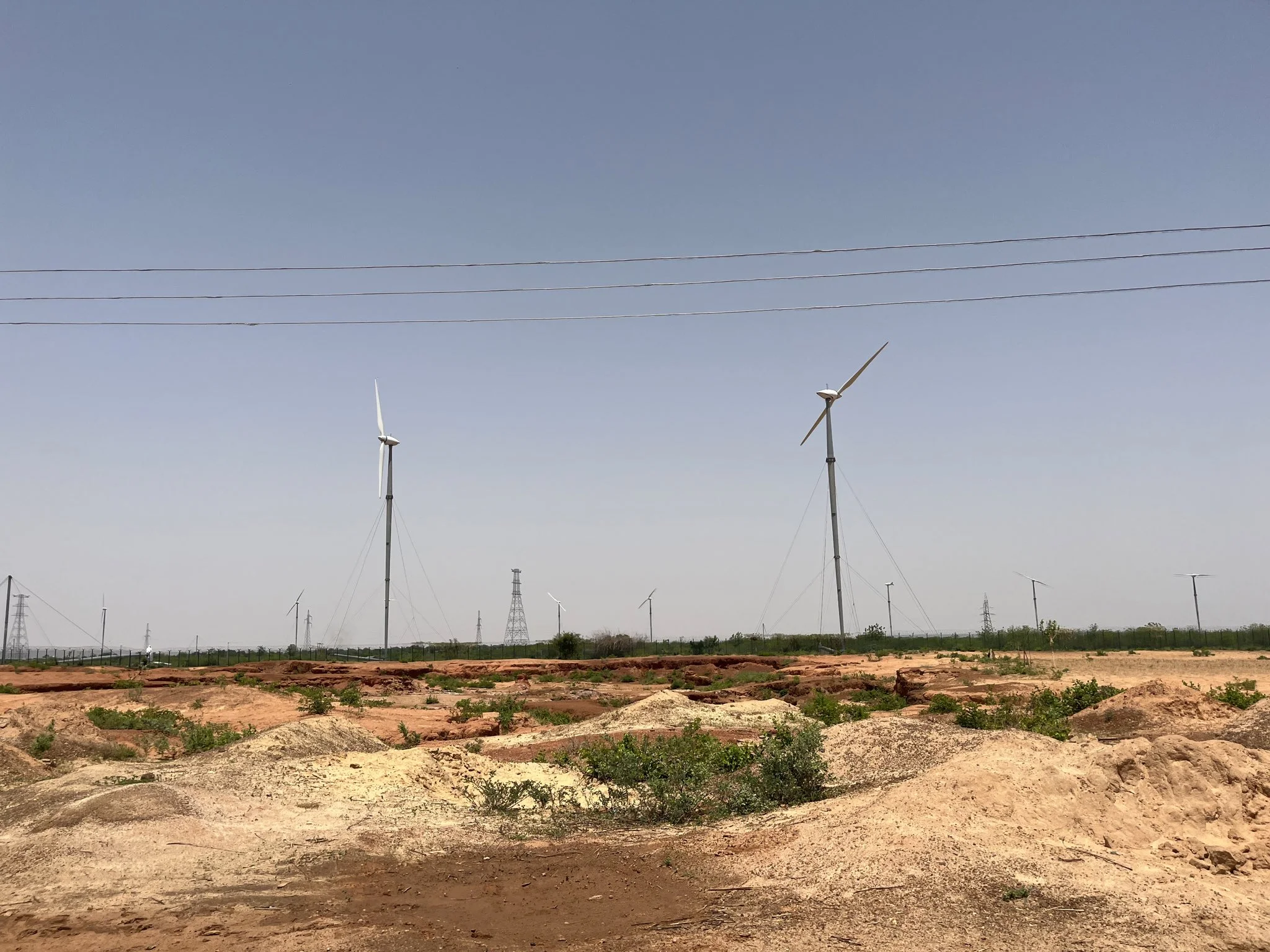climate change
Crafting a better energy policy: The need for a convergent approach to renewable energy in Nigeria
Story highlight
- President Tinubu’s decision to end petroleum subsidies in 2023 has led to significant economic challenges, including surging inflation and higher commodity prices.
- Nigerian policymakers are responding with initiatives such as CNG buses and renewable energy adoption, signaling a shift towards sustainable development despite primarily addressing energy supply concerns.
- Challenges persist, including fragmented energy policies and inadequate infrastructure for renewable energy, underscoring the need for a more cohesive and integrated approach to energy policy in Nigeria
Following President Bola Ahmed Tinubu’s May 29, 2023, announcement ending petroleum subsidies, I examined the bold reforms and public expectations. One year later, Nigerians face surging inflation, driving up food, transportation, and essential commodity prices.
In response, the federal and subnational governments have implemented palliative measures, including compressed natural gas (CNG) buses and renewable energy technologies. These actions suggest that Nigerian policymakers are prioritizing the transition to sustainable development.
The attempted shift to cleaner and renewable energy in Nigeria is however, driven primarily by the urgent need to address the country’s energy supply challenges rather than climate concerns.

In addition, renewable energy technologies are becoming increasingly cost-effective, making them a more attractive option for reducing energy costs. This is particularly important for a country like Nigeria, where energy costs are a significant burden on the economy – estimated at ₦5.4Trillion by the end of 2024, according to a leaked document.
The importance of a convergent policy approach
While these measures are primarily aimed at cushioning the impact of the subsidy removal, they highlight the need for a more comprehensive and well-crafted energy policy that prioritizes the adoption of cleaner and renewable energy technologies.
The current energy policy in Nigeria is fragmented and lacks a convergent approach that integrates energy, industrial growth, environmental, and information dissemination policies. In states deploying CNG or electric tricycles, recharge and refuelling stations are insufficient.
Although the Presidential CNG Initiative, along with industry players like NNPC Limited and NIPCO, has announced the inauguration of CNG stations nationwide. However, CNG conversion and refuelling stations currently remain limited to major cities in Nigeria.
Nigeria is a country endowed with 209 TCF of gas reserves, approximately 24 GW of large hydro potential, and significant solar irradiation ranging from 1,600 to up to 2,200 kWh/m² in the northern region.
As such, Nigeria is well-positioned to spearhead a sustainable energy revolution in Africa. The country already has a plethora of policies, roadmaps, and entities aimed at having direct and indirect bearings on sustainable development. Key initiatives include the Nigeria Energy Transition Plan (ETP), Nigeria’s home-grown strategy targeted at achieving net-zero emissions in the nation’s energy consumption by 2060.
Closing the gaps along the path of transition
Several key issues affect the adoption of renewable and cleaner energy in Nigeria, including:
- Policy Coordination: Energy policies often span multiple ministries and agencies, causing overlapping efforts and counterproductive outcomes. It is hoped that the new leadership of the National Council on Climate Change (NCCC), will provide more effective direction for addressing climate change issues. To ensure accountability and role clarity, oversight and implementation functions need to be separated.
- Developing integrated plans: Policymakers must consider the entire ecosystem—generation, distribution, and storage. Without the necessary infrastructure, clean energy adoption will be limited, as consumers may hesitate due to concerns about availability and convenience. Investing in clean energy technologies without thorough assessment and supporting infrastructure can result in inefficient resource use and poor outcomes, as seen with the 10MW Wind Farm in Lambar Rimi Katsina.

- Providing appropriate incentives to address market failure: While subsidies and palliatives are essential, they should align with long-term goals. Incentives for renewable energy adoption, such as tax breaks, feed-in tariffs, and grants, can encourage investment and innovation. The Chief Executive of PCNGI, recently disclosed the Federal Government’s intention to subsidise CNG conversion kits by 50% for NURTW, RTEAN, and NARTO. The success of innovative sustainable energy firms like Tesla and BYD has been credited to strategic government backing like this. BYD is currently the largest Chinese electric vehicle (EV) manufacturer and has received at least €3.4 billion (approximately $3.7 billion) in direct government subsidies from Chinese authorities. This it invested in research, development, and production to gain competitive advantage over other manufacturers.
- Capacity Building: The success of innovative sustainable energy firms like Tesla and BYD has been credited to strategic government backing like this. Agencies such as the National Agency for Science and Engineering Infrastructure (NASENI) can help drive Nigeria’s shift to cleaner, renewable energy. NASENI has launched a CNG conversion centre in Abuja and hopes to replicate it across the country. Such agencies can help to develop and adapt renewable energy technologies by collaborating with various stakeholders on a national and international scale.
- Stakeholder Engagement: Effective policymaking involves engaging all stakeholders, including government agencies, private sector players, and the public. This will help identify potential challenges and opportunities, ensuring that policies are realistic and implementable. The recent actions of some states indicate that they are not aligned with the existing National energy agenda. In a remote area of Edo State, a collaborative effort involving the Nigerian Rural Electrification Agency (REA), the Rocky Mountain Institute (RMI), and local farming communities resulted in the implementation of a solar mini-grid solution. This initiative has significantly transformed palm oil processing, enhancing both quality and yield by 40%.
Indeed, in the pursuit of sustainable energy solutions, policymakers face a complex landscape. The interplay between technological advancements, environmental concerns, and economic realities demands thoughtful planning and decisive action. As ancient Chinese wisdom teaches us, the actions we take today shape the future we create.
Let’s join hands to plant the seeds of a better energy policy, nurturing a greener, more resilient world for generations to come.
This article was written by Fahd Isa, an energy policy analyst with experience in the energy sector and a keen interest in a just energy transition.












